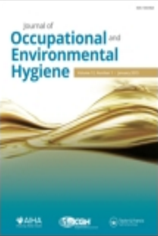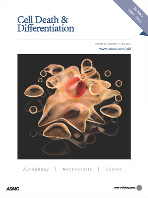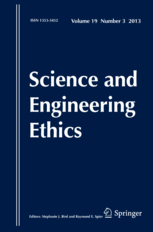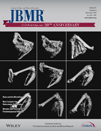
We were struck recently by a paper in Scientometrics that proposed a unique way to fund scientists: Distribute money equally, but require that each scientist donate a portion to others – turning the federal funding system into a crowd-sourcing venture that funds people instead of projects. The proposal could save the inordinate amount of time scientists currently spend writing (and re-writing) grants, but would it actually work? First author Johan Bollen, of Indiana University, explains.
Retraction Watch: You propose something quite unique: Fund everyone equally, but ask them to give a fraction of their funding to someone else. Is the idea that scientists most respected by their peers will “earn” a higher percentage of funding, and everyone is just acting as reviewers? Continue reading What if scientists funded each other?




 A researcher charged with embezzlement — and now the
A researcher charged with embezzlement — and now the 
 In many fields, first authors on scientific papers represent the person who’s performed the bulk of the research. Sometimes, that determination can be difficult to make, so we’ve seen many papers that list multiple first authors, noting that each contributed equally to the work. But is it possible — or ethical — to claim six authors all deserve top billing on a paper?
In many fields, first authors on scientific papers represent the person who’s performed the bulk of the research. Sometimes, that determination can be difficult to make, so we’ve seen many papers that list multiple first authors, noting that each contributed equally to the work. But is it possible — or ethical — to claim six authors all deserve top billing on a paper?
 A bone researcher based in Japan
A bone researcher based in Japan